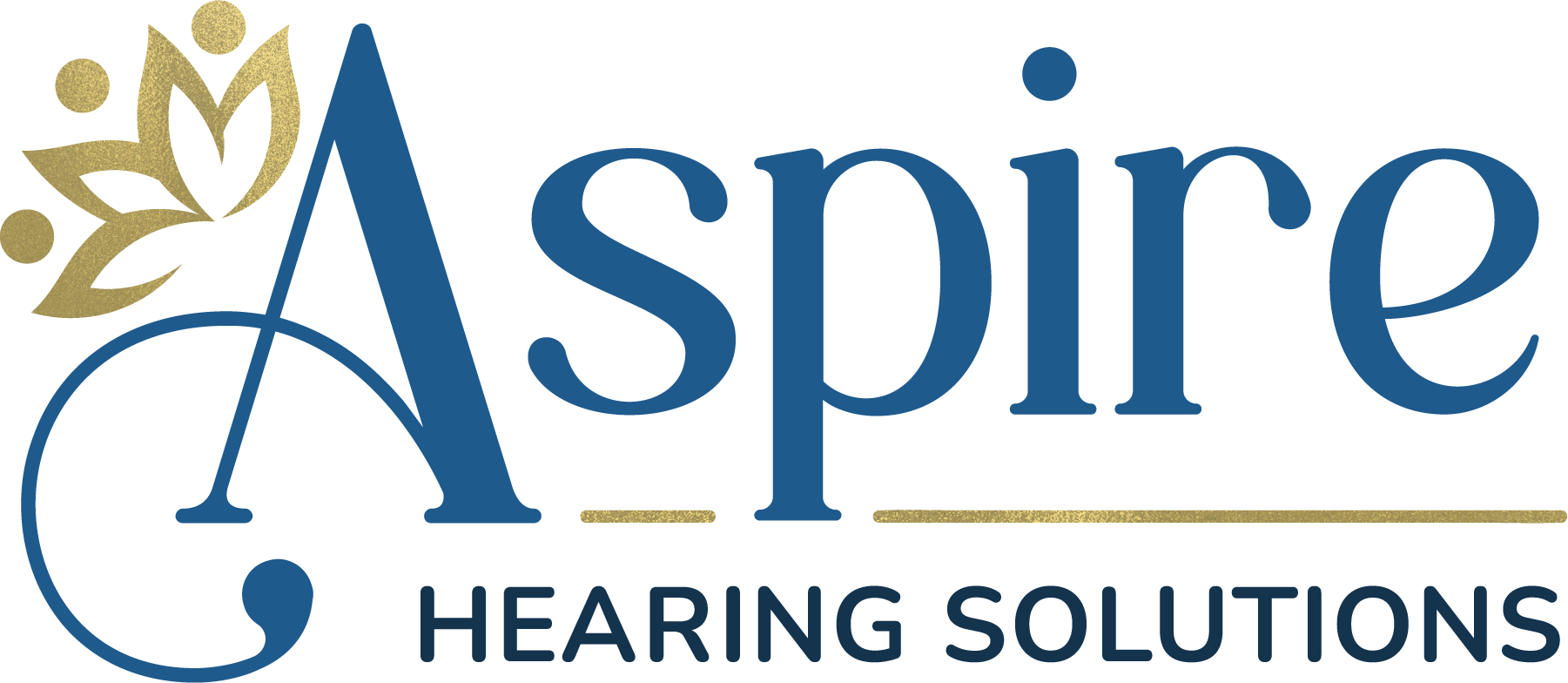
For parents of infants, learning that their baby has hearing loss will feel overwhelming and discouraging. Infants with hearing loss can do well with early diagnosis and treatment, which is positive news. Indeed, they are able to acquiring linguistic skills, improving their communication techniques, and forming profound connections with their surroundings, inevitably bring about a rich and satisfying life.
Hearing aids and cochlear implants are two highly beneficial tools for helping babies with hearing impairments.
Comprehending Hearing Loss in Babies
Causes of infant hearing loss: Various factors to think about:
- Genetic factors (even without a family history)
- Congenital infections including cytomegalovirus (CMV) or rubella
- Complications during birth, such as lack of oxygen or prematurity
- Certain medications used in neonatal intensive care
Early diagnosis is critical. Infants in the United States undergo hearing loss assessment before being discharged from the hospital. Pediatric hearing professionals follow the “1-3-6” guideline:
- Screened by 1 month
- Diagnosed by 3 months
- Intervention (with hearing devices or therapy) started by 6 months
Reaching these developmental milestones is crucial for babies to achieve optimal progress in speech, language, and cognitive growth. If you need guidance on these assessments, your pediatrician will be happy to help!
Hearing Aids for Babies
Hearing aids are frequently the initial treatment option for infants who have varying degrees of hearing impairment. These tiny, portable devices amplify audio signals, enabling infants to better detect and comprehend voices and surrounding noises.
Hearing aids are:
- Safe for infants as young as a few weeks old
- Designed with soft, comfortable ear molds that adjust as the baby grows
- Outfitted with tamper-proof battery doors and pediatric-specific features
- Specially individualized by a pediatric hearing professional to fit your child’s distinct auditory needs
As your baby grows, it will be necessary to routinely update and modify the hearing aids to ensure they fit correctly and work effectively.
Cochlear Implants for Infants
A cochlear implant might be suggested for an infant with extreme to profound sensorineural hearing loss who does not obtain adequate benefit from hearing aids.
Unlike hearing aids, cochlear implants:
- Are embedded with a surgical procedure
- Bypass damaged parts of the inner ear
- Convert sound into electrical signals that stimulate the auditory nerve directly
Cochlear implants are:
- Endorsed by the FDA for use in infants aged 9 to 12 months
- Achieve best results in combination with therapy at an early stage and family support
- Suggested only after a thorough evaluation by an audiologist and ENT specialist
This process involves the use of imaging, hearing exams, and discussions relating to future prospects and results
How Cochlear Implants Differ from Conventional Hearing Aids
Hearing aids:
- Mild to severe hearing loss
- Non-Invasive
- Sound processing amplification
- Starts at Infancy
Cochlear Implants:
- Severe to profound hearing loss
- Invasive (Surgical)
- Converts Sound Electrical Signals
- Starts at 9-12 Months
Comparing Sound Enhancement Options: A Final Analysis
If your infant has been diagnosed with hearing loss, you have options and plenty of assistance. Because of the expertise of hearing specialists who work with children, most young patients are able to acquire language abilities that are comparable to those of their peers.
Taking swift action can have a profound and long lasting impact on a child’s life, regardless of whether they require hearing aids or cochlear implants to address their hearing needs.
Have questions about your baby’s hearing health? Reach out to us today for a full evaluation and individualized care plan.
Sources:
cdc.gov/ hearing-loss-children-guide/ parents-guide/understanding-hearing-loss. html.
boystownhospital.org/knowledge-center/hearing-aids-babies.
hopkinsmedicine.org/health/treatment-tests-and-therapies/cochlear-implants/childrens-.
cochlear-implants.
dukehealth.org/blog/hearing-aids-vs-cochlear-implants.
